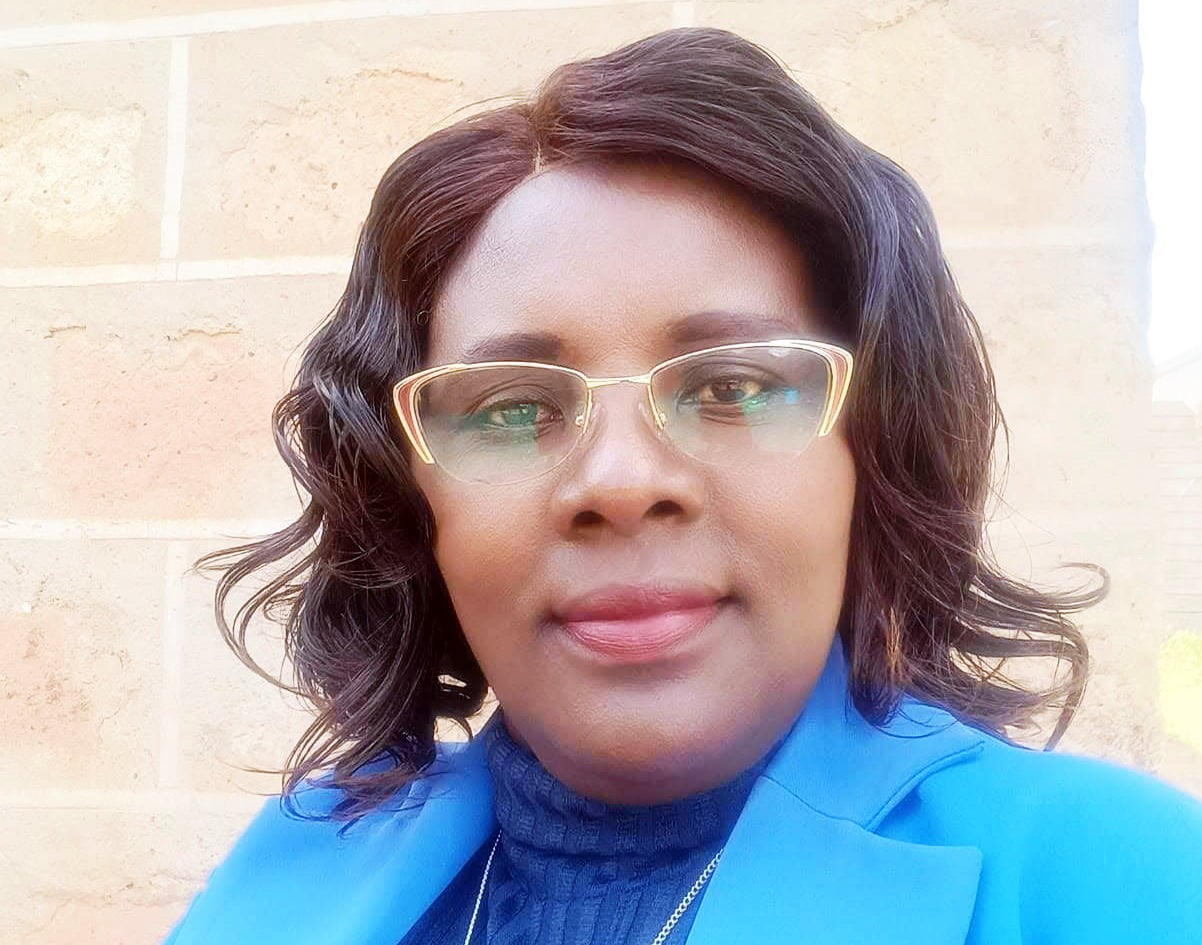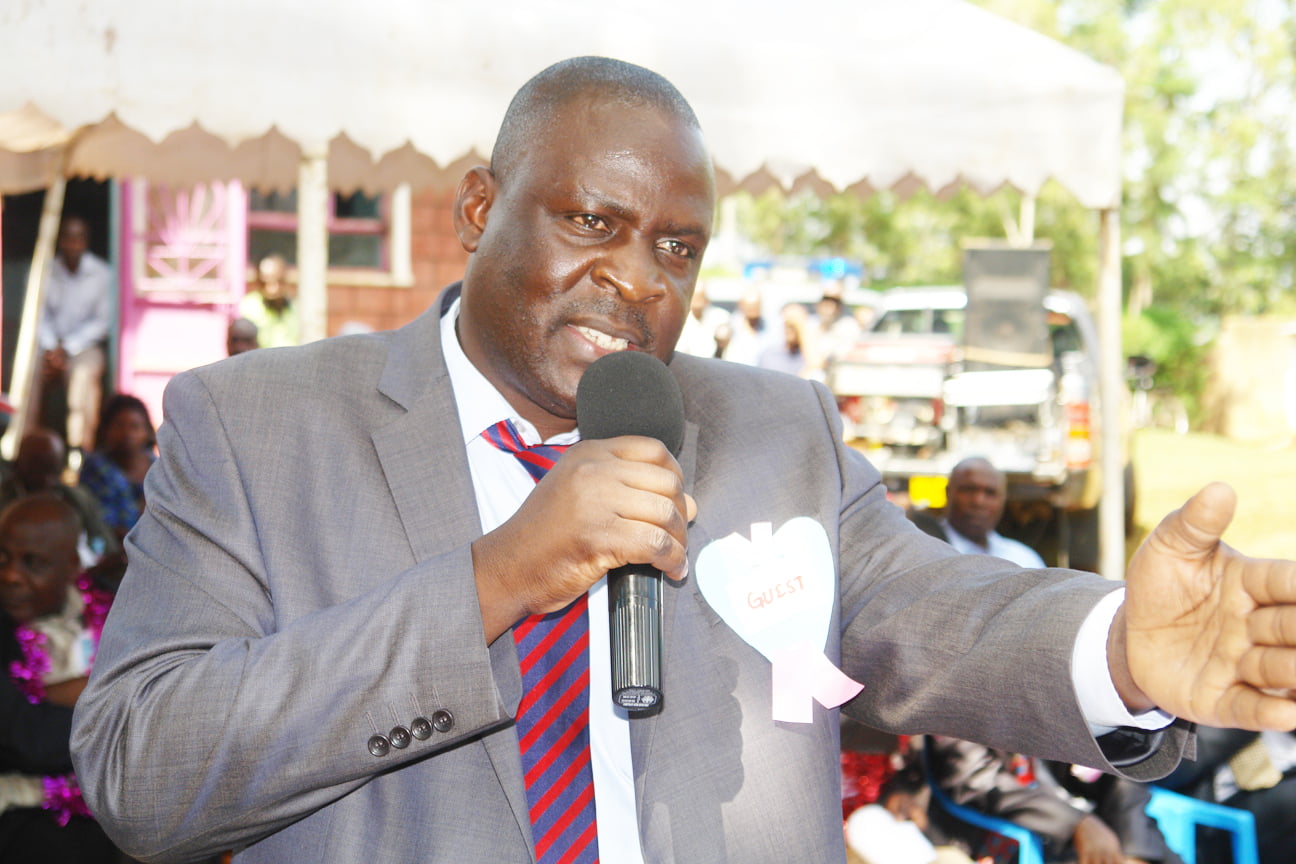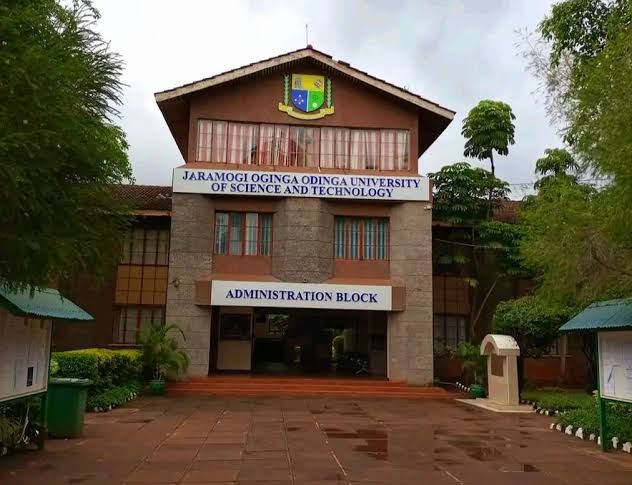By Sarah Muthama
The 21st Century is marked by rapid and unprecedented modifications in technology, changes in weather patterns and worldwide pandemics, climate change, and environmental concerns, among other challenges.
The UN 2030 Agenda suggests an Education for Sustainable Development and Global Citizenship. This is a transformative education that arouses the critical faculties of learners to engage with real-world problems and promote a sustainable future. The 21st Century learner requires a repertoire of skills to solve complex global problems, respond to change, work and collaborate with others effectively, communicate as a global citizen and innovate in the context of emerging challenges.
Digital technology is at the heart of this transformation by impacting an education landscape that develops the 21st Century competencies as a tool rather than a driver of change.
To align with these global changes, Kenya developed a new Competency Based Curriculum (CBC) whose vision is to enable every learner to be active, empowered, and become a global citizen. The framework anticipates this would be achieved by providing effective instruction, professional teaching, adequate school spaces and resources, effective assessment, and a curriculum that accommodates all learners.
The implementation of the CBC has sparked heated debates, arguments, and counterarguments. The CBC framework, cloned from the European competency-based education, is lauded as the panacea to what ails the 8-4-4 education system.
But wait a minute! The 8-4-4 curriculum was designed for self-reliance and to widen employment opportunities for youth through technical and vocational training. Learners were taken through a roller coaster of subjects and skill training such as art and design, baking, woodwork, building and construction, agriculture, home science, and music, among other learning skills. Yet, as a graduate of the system, I still feel, that the pioneers (1985-1990) were used as guinea pigs in a system that was hell-bend for failure. By 1992, it abandoned the practical aspect due to inadequate teachers and resources and embraced what we now know as a theoretically-based, highly competitive and examination-focused curriculum. Amutabi (2003) observes that “the most professionally hurting, harmful and devastating legacy of the 8-4-4 is rote-learning characterized by cut-throat competition and regurgitation of facts in exams rather than applying them”.
Almost, thirty-six years down the line, the country is in another fiasco, implementing a curriculum fashioned in a new attire yet adorned with similar mistakes of the yester-years’ implementation process.
I watch with desperation as I see another generation’s destinies being butchered in the name of curriculum reform. I sift through a multitude of literature to see the successes and the challenges of the CBC implementation and I conclude that the more things change, the more they remain the same!
As Grade 6 sits for their assessment at the end of this year, uncertainty still reigns on whether they would remain under the primary school section or be accommodated in the high schools. Evidence gathered reveals that the CBC is facing a major threat. Common challenges include; teachers having inadequate skills and knowledge to implement the curriculum, lack of instructional materials and resources, lack of stakeholders’ participation, overcrowded classrooms, rigid school, systems and management styles, paperwork, especially filling in learners’ assessment reports, cumbersome for parents who have at times to do the assignments and lack of cooperation between school and parents.
There is limited if any statistical evidence to show that African countries that have adopted the CBC curriculum have managed to improve students’ learning outcomes. In 2010, South Africa abandoned their outcome-based education curriculum citing that it was hard for teachers to implement and its failure to improve students learning outcomes.
To align a curriculum, school space, teacher preparedness, pedagogy, and assessment to ensure students develop the competencies of the 21st Century is hard work that requires a shift of mindset, a systemic change, political will, and an acceptance that the student’s voice is part of the transformative process.
More often than not, institutions would believe in the improvement of the learners’ outcomes but rarely embrace the same belief for themselves. Transformative education for sustainable development requires schools to anchor their structures and routines on the same competencies and values they teach their own students: critical thinking, communication, collaboration, creativity, and imagination as well as love, responsibility, unity, peace, patriotism, and integrity. Teachers need to develop self-efficacy that fosters dramatic pedagogical transference of competency-oriented instruction and assessment into their classrooms.
The success of the CBC is based on two-fold factors i) a fundamental shift in the pedagogical processes of teachers and ii) effective competency-based assessment. If instruction and assessment won’t change fundamentally, the CBC vision will just be another aspirational goal devoid of any real impact. With inadequate preparation of teachers and lack of resources, the likelihood of testing and evaluation gliding back to antiquated assessment that overemphasizes the importance of rote-learning would creep back. Then, teachers will embrace an assessment-focused form of instruction, taking us back to the same labyrinth (8-4-4 mess) we are trying to get out.
Most concerns raised under the implementation of CBC are similar to the same raised forty years ago at the antithesis of 8-4-4 curriculum implementation. How and why do we do things the same way and expect different results? Without proper planning, provision of required resources, a sustained political will, a paradigm shift in instruction practices, well-organized and continuous professional development for teachers, and effective competency-based assessment, the CBC will still be a big disappointment and a total failure.
All in all, as the Vice Chancellor Designate Strathmore University, Dr. Ogutu Vincent would say, “we are rather better off with the challenges of the new system than sticking to the obsolete 8-4-4 system”
SARAH MUTHAMA – Teacher Educator & School Administrator (M.Ed-Educational Planning, M.A –Monitoring and Evaluation; B.Ed – English & Literature) Contacts: muthamasarah5@gmail.com






